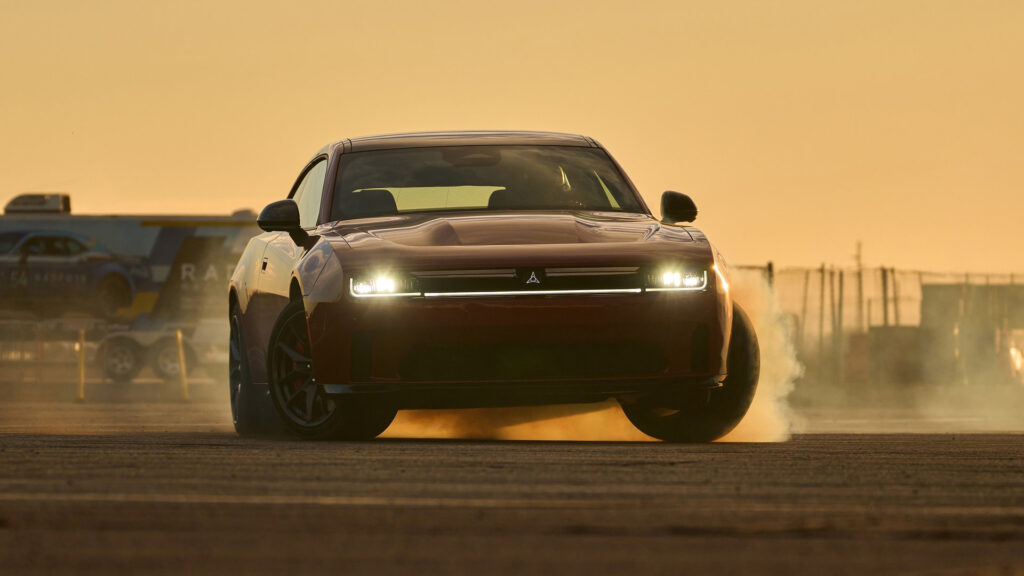Prices for the Electric Dodge Charger Daytona are Significantly Reduced
Typically, automakers raise prices on their models every year, but Dodge has done the opposite with the electric Charger Daytona for the 2026 model year. This may indicate problems with the model’s popularity, which was supposed to become a new milestone in the world of electric muscle cars.
Initial Success and Subsequent Changes
Dodge initially introduced the Charger Daytona in R/T and Scat Pack versions. However, realizing that buyers were not interested in a Charger without a V6 or V8 engine, the company discontinued the R/T, leaving only the electric Scat Pack at $64,995. Now the price has been sharply reduced to $59,995 for the 2026 model year, which is an 8.3% decrease.
Charger Daytona Owner Says His New Car Is ‘Practically Useless’ After Endless Problems
This change makes the Scat Pack only $2000 more expensive than the former R/T, which cost $57,995, despite the fact that the Scat Pack offers 670 hp, while the R/T was limited to 496 hp.
Pricing Details and Lack of Changes in Equipment
A source from CarsDirect discovered the price details for the 2026 Charger Daytona Scat Pack through the official ordering guide. No significant changes in trim are expected, so the model should remain virtually identical to the current one.

Loss of Tax Benefits and Comparison with Other Versions
Unfortunately, the price reduction does not fully compensate for the loss of tax benefits after Donald Trump’s return to the presidency. The Scat Pack previously did not qualify for the $7500 federal tax credit on a purchase but was eligible for it on a lease. This option was canceled by the new administration.
Furthermore, the Scat Pack remains more expensive than the recently announced Charger Sixpack with a twin-turbo 3.0-liter engine, which will start at $54,995. For fans of classic muscle cars, the Sixpack will likely remain the primary choice, but for those seeking maximum performance regardless of engine type, the Daytona Scat Pack could be an interesting option.
These changes indicate the difficulty automakers face in transitioning to electric vehicles, especially in a segment where traditional engines remain a key factor for buyers. Dodge seems to be trying to make the electric version more affordable, but competition from gasoline counterparts and political decisions are complicating this process.


 by
by 
